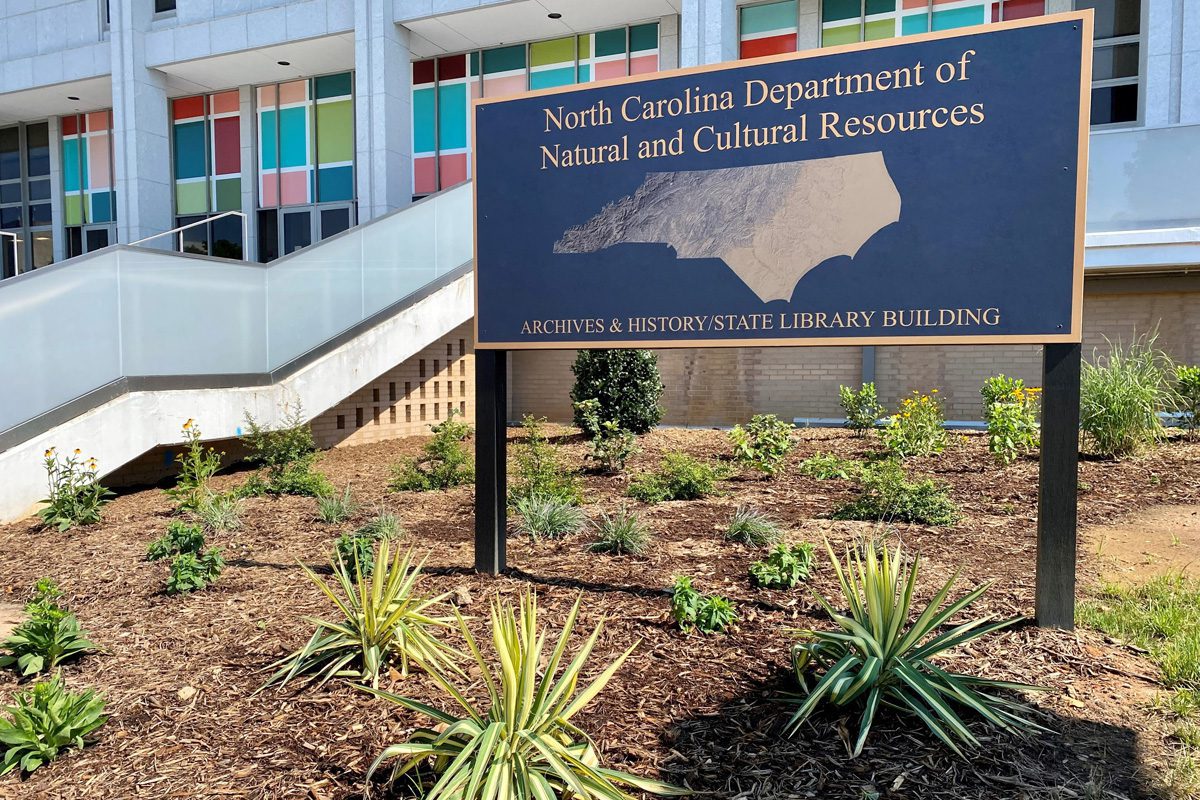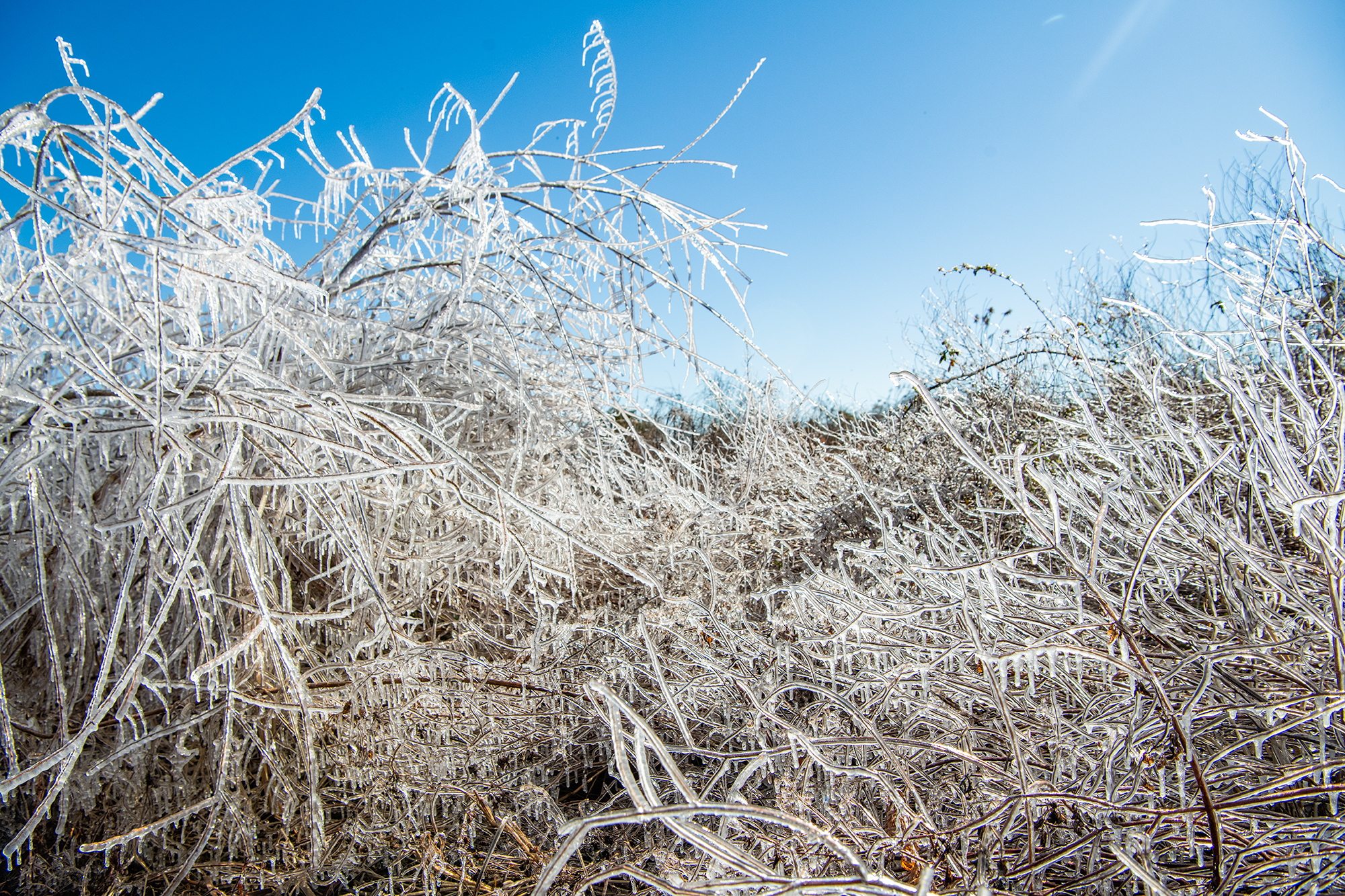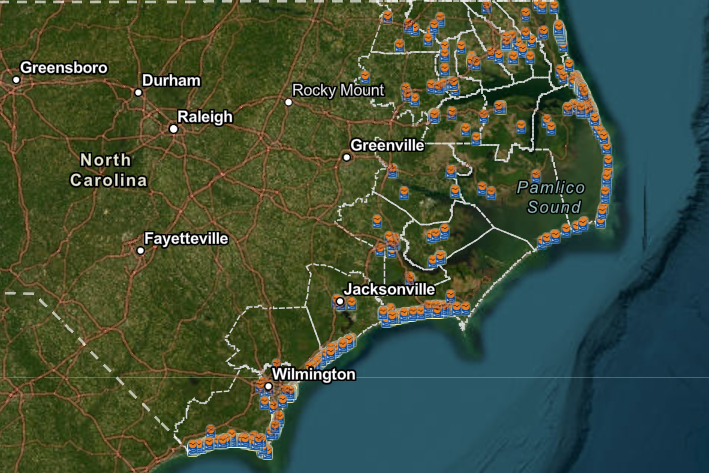
Certain state cultural sites and state-funded parks are now encouraged to go native when it comes to landscaping choices.
The North Carolina Department of Natural and Cultural Resources announced Wednesday a new policy directing and encouraging the use of native plants at departmental locations and at local government sites receiving grants from the North Carolina Parks and Recreation Trust Fund.
Supporter Spotlight
Related: New landscaping guide suggests ‘Plant This Instead!’
The policy, effective July 1, is to help the department meet its mission of protecting the state’s natural heritage, officials said in the announcement.
“Native plants are an important part of North Carolina’s natural and cultural heritage,” said Secretary D. Reid Wilson. “There are many environmental benefits to native plants, and they are much more likely to thrive in our weather and soils. We encourage others — homeowners, businesses, government agencies — to also plant beautiful native plant gardens.”
As the policy notes, native plants are adapted to the state’s environment and more likely to thrive, especially during drought. Unlike invasive plants that are nonnative species, they do not overwhelm natural ecosystems. They support pollinators essential to food production and ecosystem health and boost otherwise declining bird populations that depend on insects associated with native gardens. Native plants, especially grasses, are better able to store carbon, thereby reducing greenhouse gases.
The department said that landscaping for all its properties “shall only use seeds and plants that the U.S. Department of Agriculture has classified as native to the Southeastern United States. Additionally, landscaping for all projects funded by the Parks and Recreation Trust Fund shall only use these seeds and plants.”
Supporter Spotlight
Exceptions are made for plants used in crop cultivation, scientific research, botanical or historical gardens, turf grass, plantings for wildlife, or plantings for exhibits or for animal consumption at museums, zoos and aquariums.
The department, along with the Department of Administration, installed a new all-native-plant garden in front of the department headquarters on Jones Street in Raleigh.
The department manages more than 100 locations across the state, including 27 historic sites, seven history museums, two art museums, five science museums, four aquariums, 35 state parks, four recreation areas, dozens of state trails and natural areas, the North Carolina Zoo, the North Carolina Symphony, the State Library, the State Archives, the N.C. Arts Council, the African American Heritage Commission, the American Indian Heritage Commission, the State Historic Preservation Office, the Office of State Archaeology, the Highway Historical Markers program, the N.C. Land and Water Fund, and the Natural Heritage Program. For more information, visit www.ncdcr.gov.







